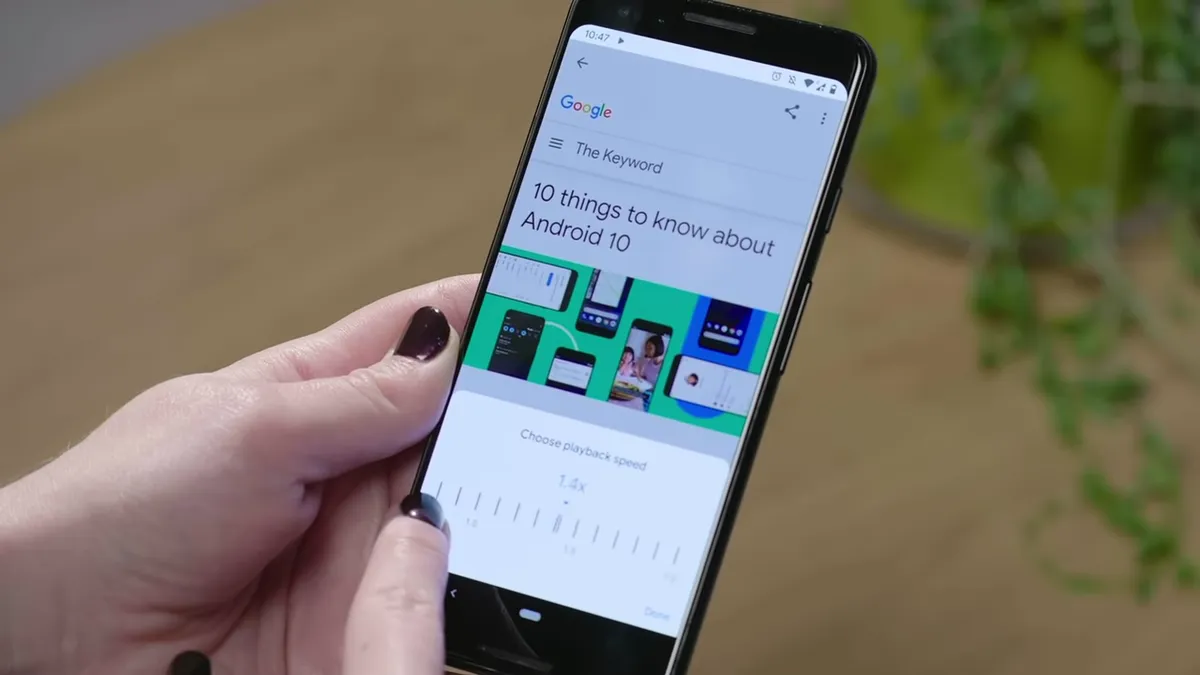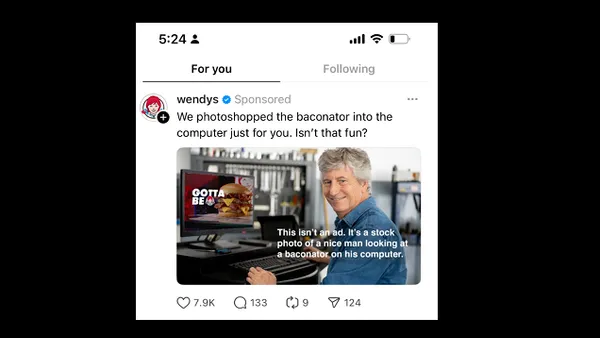Brief:
- Google is a better driver of e-commerce sales and traffic than social networks Facebook and Instagram because the search giant reaches consumers who are more intent on making a purchase, according to a study analytics firm Oribi provided to Mobile Marketer. Google's paid search ads have a conversion rate of 2.7%, ahead of direct traffic at 2.5%, while Google's organic search is 2.1%, Facebook's is 1.5% and Instagram's is 0.8%.
- E-commerce sites get most of their traffic from direct communications efforts like email and apps, though Google also is a significant source of web visits. Almost half (49%) of web traffic to online stores comes from direct channels, followed by Google's organic searches (21%), Google paid (14%), Facebook (9.6%) and Instagram (1.5%), per Oribi.
- Less expensive products tend to sell better than more expensive ones on Facebook and Instagram, per the study. The conversion rate for products with a price of less than $100 was 2.6% on the social media platforms, compared with only 0.4% for products that were more expensive than $100. Oribi analyzed the data of 5.2 million visitors who bought more than 22,000 products in 204 online shops between October and December 2019.
Insight:
Google's ability to drive better sales and web traffic than Facebook and Instagram indicates a key difference in how consumers use the respective platforms. Consumers express their purchase intent in their online searches, whereas looking at social media content is a more passive experience that drives lower-cost impulse purchases, Oribi's data suggests. Those differences mean that marketers must vary their strategies by platform, with a focus on direct sales for their search engine optimization and paid search efforts, and branding and awareness on social platforms.
However, online retailers can achieve the best results from their direct communications efforts through email or their mobile apps, highlighting the importance of those connections in driving e-commerce sales, as Oribi's study suggests. That finding indicates that retailers should boost their efforts to collect opt-in data, such as email addresses, from shoppers whenever possible and avoid spamming them with unwanted marketing messages. With Google planning to withdraw support of third-party cookies in its Chrome browser in the next couple of years, first-party data will become more valuable for mobile marketers.
Google and Facebook, which owns Instagram, have boosted their e-commerce efforts over the past few years to address a growing threat from Amazon. The e-commerce giant has a rapidly growing digital advertising business, and is the first place many consumers visit to start their product search. Google last month added a shopping section that lets mobile users see a variety of clothing and accessories products from multiple online stores, the latest effort by the search company to expand its e-commerce support. Meanwhile, Instagram has added a variety of e-commerce features to convert passive users of the photo-sharing app into active shoppers.














